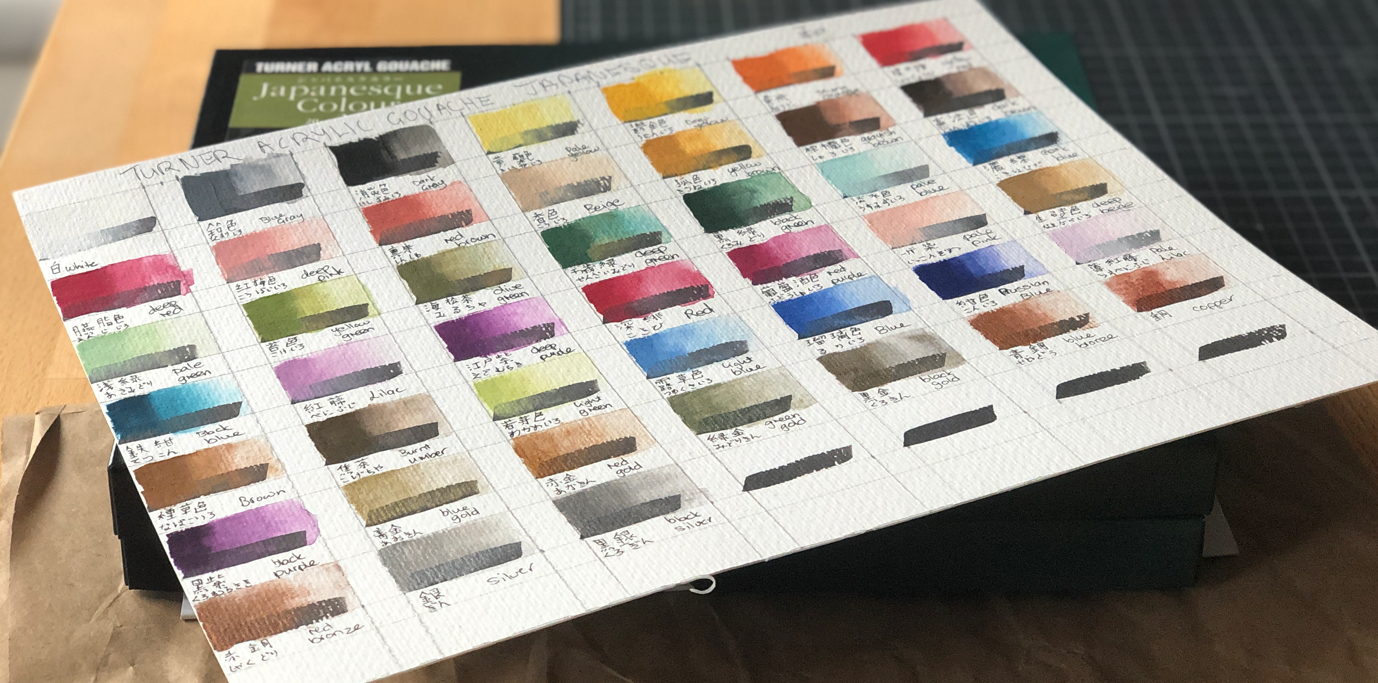
Constantly learning new skills
Learning as an adult
Perception, cognition, memory and movement control processes are all negatively affected as our brains age. Even our pro-social behaviour is impaired as our brains age, affecting our ability to experience empathy, sense fairness, judge behaviour, pay attention, and make decisions that need moral reasoning.
Lifestyle factors play a complex role, as many of these are not easily changed: level of education, stress levels, resilience skills, diet, a sense of personal safety, supportive social network, etc.
Plus, certain chronic diseases can directly affect the brain tissue and decrease brain function over time.
While exercise and a decent level of fitness can slow the natural decline somewhat, cognitive exercise is just as important.
Exposure to new things, learning new skills and new languages, keeps the brain itself active and healthier - it’s both good for us as individuals and for society as a whole.
Picking up a language as an older adult
Learning a new language as an older adult builds new and stronger connections. This is especially important where disease or physical disabilities are destroying brain function - as language learning is an intense cognitive exercise, it can help reshape the brain networks into healthier areas.
When you learn new words and phrases, you engage many different areas of your brain - working memory, inductive reasoning, sound discrimination, speech segmentation, task switching, rule learning, and semantic memory. When you use a second language, your brain has to work to suppress the non-target language, which has a protective effect on dementia.
Thankfully, our brains are plastic - they can reorganise connections and pathways no matter our age. MRI imaging has shown noticeable improvement after just four months of language learning of middle aged and older adults.
We are never too old to learn something new.
Seniors can reactivate previously learned languages just as easily as young students. In fact, the words learned will stick around for more than 50 years, even though they will be recalled slower.
While learning a new language from scratch at an older age is a little more challenging due to a decline in working memory. This is easily combatted by focusing on the student’s interests and using new language around familiar topics. As older students have a much wider range of experiences and interests, English-language programs need to be broader, and more immersive.
The topics need to be stimulating - interesting and fun - to build and maintain the motivation to keep learning.
Language learning isn’t the only way to keep your brain healthy as you age.
Skills and crafts
Motor functions also degrade when you don’t use your body in specific ways, especially when you battle joint or muscle related chronic illnesses.
Learning new crafts helps gently train a wider range of muscle groups and retain fine motor control. Of course, the initial movements can be more painful for arthritis sufferers. But over time, as the movements become more relaxed and natural, it can have a pain-suppressing effect on many joints, providing one doesn’t over-do it.
I’ve discovered this as I picked up knitting, then painting (fine brush control), and more recently, weaving and spinning (so many knots!)
These crafts have a steep learning curve.
For painting, you need to learn how to use various brushes in different ways on different types of paper, mix different colours, pay attention to what you see and to lighting and perspective, and think ahead to what you want to achieve with the finished painting.
Knitting, weaving and spinning have entirely new vocabularies and complex equipment to learn on top of the physical movements themselves.
Any skill that is both physically and mentally new is a good workout for the brain.
Nurture that curiosity
Follow your curiosity to learn any skill that piques your interest. Get distracted by those shiny and interesting topics.
Learn all the things!
I think that’s my new mantra.
My collection of hobbies and interests was always large as a youngster, but it has exploded in recent years. Luckily, I’m old enough now that no one nags me to “just stick to one thing”.
This year, I’ve been working on a massive nine-of-nines challenge. Nine projects in each of nine different categories - a large number of them require me to develop new skills or learn new techniques in cooking, sewing, fibre crafts, painting, drawing, and more.
While some projects won’t be finished this year, I have made a lot of progress.
If you’re interested, I publish a monthly update on these projects for patrons of the LearnedWords Patreon, in addition to occasional video updates, in-depth skill-building articles, a few related English-language resources, and loads of exclusive photos.
Special offer for Supporters tier (5 euros) until 14 December - I’ll paint you an original art postcard with my new acrylic paints!
Now, what are you curious about?
Go chase that rabbit!
Categories | TEACHING
Tags | language learning, teaching, Patreon
30 Nov 2022